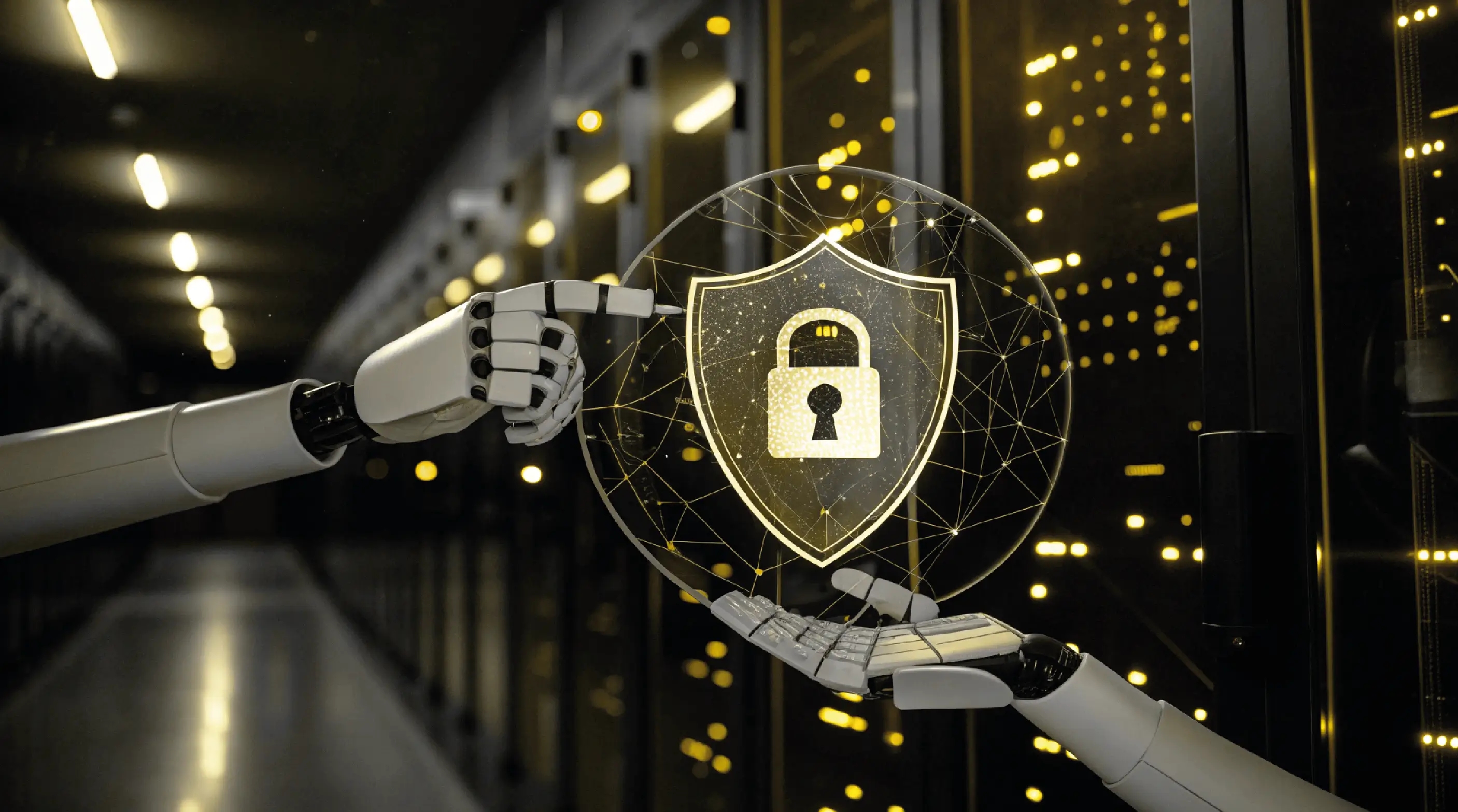
How Business Intelligence Tools are Reshaping the Telecom Industry
Explore the power and importance of telecom business intelligence and how it fuels innovation, efficiency, and strategic data-driven decision-making.
15 MIN


By: TEAM International | October 8, 2024 | 15 min
The tech industry is a ceaselessly evolving ecosystem; innovation is its lifeblood. Consequently, crafting an optimal digital transformation strategy necessitates a continuous cycle of research, adaptation, and execution.
And you know what that means, right? It means business leaders cannot afford to be complacent, which is why we’ve gathered the top four digital transformation strategies dominating the 2024-2025 business landscape. That’s right. From sustainability to Everything as a Service, our article delves into the pivotal areas now shaping the digital world. Dive in for insights on how your organization can leverage these trends to stay at the forefront and drive growth.
With its benefits immediately apparent and massively influential, tech-driven sustainability. Is imperative for modern businesses. However, beyond ethical and environmental considerations, a digital transformation toward increased sustainability can also enhance your company’s bottom line. Indeed, it’s well-known that businesses can lower their environmental impact and increase profitability by optimizing operations, improving energy efficiency, and reducing waste.
But the benefits don’t stop there. Governmental policies and investor trends across the globe generously reward those companies that prioritize sustainability in their operations. Take Environmental, Social, and Governance (ECG) scores, for instance. Companies scoring well on ESG often benefit from lower capital costs, points in bidding processes, and increased investor attention. All these perks translate into enhanced shareholder value and higher ROI.
And we shouldn’t underestimate the power of consumer choice either. After heavy criticism from modern buyers and the media for its high energy expenditures, thes blockchain giant Ethereum has won back the public by altering its protocol to massively increase its energy sustainability. Today’s consumers want to support brands and industries that align with their values, and this often places a heavy premium on sustainability and turns it into a considerable marketing advantage.
Internal matters are essential, too, though. Businesses must show their commitment to eco-friendliness to their workforce just as much as to their customers. Embarking on a digital transformation process may intimidate employees, but highlighting sustainability benefits can do wonders for motivation. Initiatives like electronics recycling programs and zero-waste policies are also great ways to increase employee engagement and awareness of the company’s active stance toward the net-zero course.
A next-gen spectrum of innovative digital transformation solutions also presents its own amazing sustainability benefits. Blockchain technology, for instance, is powering exciting advances like the advent of blockchain-verified sustainability in supply chains.

You’re probably sick of hearing about the importance of AI, but we just can’t stop talking about it. It’s a paradigmatic change in terms of digital business transformation, and you can’t overstate its significance.
Most companies are working on or planning to implement isolated artificial intelligence projects in 2025. Still, the real frontier lies in moving from localized AI use cases to projects integrated across the entire scope of business operations. However, the holy grail is a fully functioning enterprise intelligent automation strategy. that can bring multiple wide-scale initiatives to maturity, accumulate AI-related know-how, and constantly adapt to accommodate innovations and market fluctuations.
This journey to enterprise-wide AI mastery is challenging but worthwhile, as the potential benefits in business value can be exponential. To understand AI’s impact to the fullest, it’s essential to distinguish between three main categories when it comes to digital transformation:
So, in the coming years and possibly decades, digital transformation will become more and more synonymous with AI integration. Is your organization well-equipped for future disruptions?
The “as-a-service” business model has been successfully brought to so many areas that we are now officially talking about “Everything as a Service.” That’s right, AI, cloud management, digital platforms and tools, blockchain, automation—all these now exist as service-based offerings.
To adapt, businesses must understand the implications of this market change, both as potential clients and providers, and work to integrate these strategies into their digital transformation strategies. In 2025, companies should re-examine their operations to determine whether certain areas would be better handled as a service.
The XaaS model’s primary benefits include:

However, it’s also crucial to understand how XaaS might potentially disrupt your own business model. Traditional software vendors, for instance, may need to transition from one-time license sales to subscription-based models. Some hardware manufacturers might pivot to offering their products as services bundled with software and support.
To adapt to the XaaS landscape, business owners should:

Digital transformation often means an exponential increase in the number of digital entry points in a company, such as IoT devices. With cybersecurity attacks becoming more common, it’s only rational for digitalization efforts to emphasize the importance and necessity of a robust, multi-layered approach to cybersecurity.
Traditionally, cybersecurity has been primarily the domain of IT departments, but the future of this discipline involves integration across all company departments. Don’t believe us? Gartner predicts that most corporate boardrooms will have at least one member who is an expert on cybersecurity matters by 2026, highlighting the strategic importance of this field.
A multi-layered approach to cyber defense mechanisms employs a variety of tools and strategies to maximize digital safety:
A multi-layered approach also recognizes the importance of soft skills and overall cybersecurity know-how and strategy. If your cyber protection strategy doesn’t account for the differences in employees’ roles and access needs, how can you avoid breaches when grey areas present themselves? Similarly, if your cybersecurity professionals aren’t skilled at communication, how can your organization understand and implement their recommendations effectively?
This holistic approach to the subject acknowledges that proper security is not just about technology but also about people, processes, and culture. It requires ongoing education, clear communication, and a company-wide commitment to cybersecurity best practices.
The digital transformation journey in 2025 demands more than just technological adoption; it requires a fundamental shift in business mindset and operations. Your success will lie in the ability to seamlessly integrate these emerging strategies into the core of your organizational culture and processes. In all industries, companies must foster a culture of continuous learning, innovation, and adaptability to stay ahead in the rapidly evolving business landscape.
By embracing these changes, you can unlock new revenue growth opportunities, enhance customer experiences, and drive sustainable growth. The true winners in this digital age will be those who view transformation not as a destination but as an ongoing journey of improvement and discovery.

How Business Intelligence Tools are Reshaping the Telecom Industry
Explore the power and importance of telecom business intelligence and how it fuels innovation, efficiency, and strategic data-driven decision-making.
15 MIN

AI and Cybersecurity: Automating Incident Response Processes to Minimize Downtime and Damage
As technology rapidly evolves, cyber threats become increasingly sophisticated. Discover how AI enhances incident response, accelerates threat detection, and minimizes damage.
15 MIN

How Mobile Apps Can Improve Customer Service in the Banking Industry
Discover how BFSI companies have been adapting to clients constantly evolving needs and why a customer-centric approach is the next big move for this industry.
18 MIN